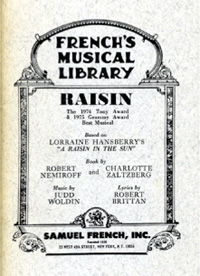 |
|
By Howard Dodson,
Director,
Schomburg Center for Research in Black Culture |
The Schomburg Center for Research in Black Culture is first and foremost a research library. As such, its collections are the foundation of its existence. Founded in the midst of the Harlem Renaissance, it gained international recognition when it acquired the personal collection of Arturo Alfonso Schomburg, a Puerto Rican of African descent who had amassed an original collection of more than 10,000 items – books, manuscripts, artworks, photographs and periodicals – on the global black experience.
Schomburg had spent more than a quarter of a century collecting evidence to dispute the myths of black racial inferiority and historical insignificance. These myths had provided the ideological justification for the enslavement and colonization of blacks for centuries. Each item was gathered as a piece of evidence of the place and role of black people in the making of human history and human civilization or of black achievement in a variety of human endeavours. But unlike many contemporary collections whose motivations were to enhance their standing among their peers or to play the rarities market, Schomburg and his colleagues acquired items that they felt would contribute to setting the historical and cultural record straight – to document through evidence the achievement, triumphs and travails of black people as
human beings.
|

Poster for musical based on “A Raisin in the Sun” by Lorraine Hansberry.
Over the last 85 years, Schomburg’s collection of 10,000 items has increased to a figure in excess of 10 million. While the myths of black racial inferiority are still with us and unfortunately demand refutation almost daily, the evidentiary basis of the counter narrative has long since
been established.
But even these extensive collections do not begin to provide sufficient evidence to tell the unvarnished truth about the global black experience. Because of the global nature of that experience, records essential for documenting it are located wherever black people live or have lived – archival materials created by the colonizing or colonized societies, the personal records of black people and their unique expressive cultural creations, and more. The Schomburg Center will continue to collect and preserve an adequate documentary record of the global black experience.
|



